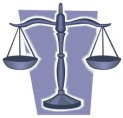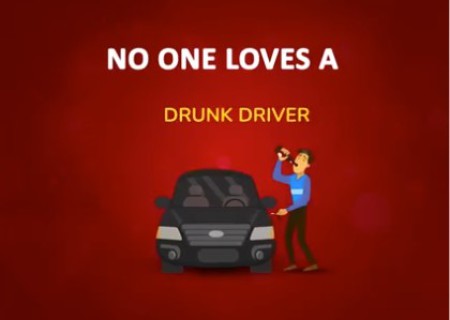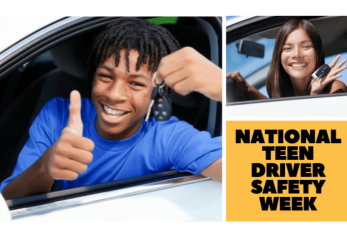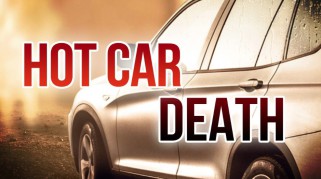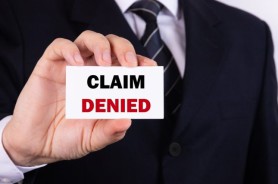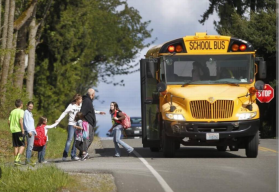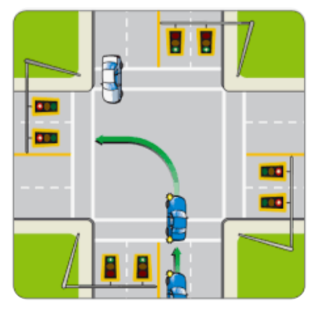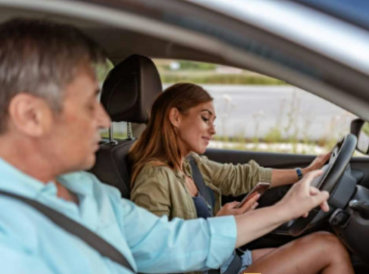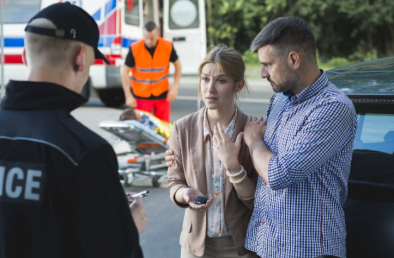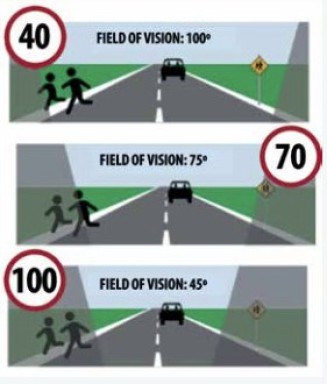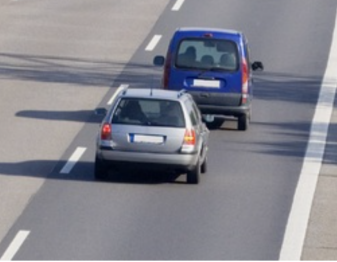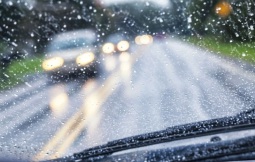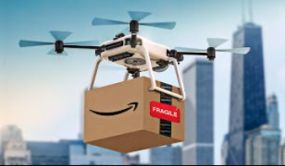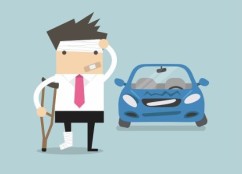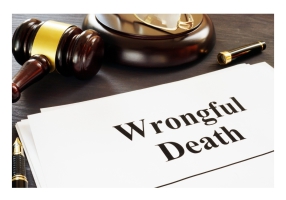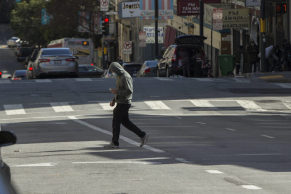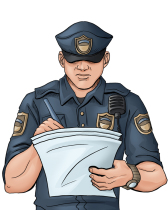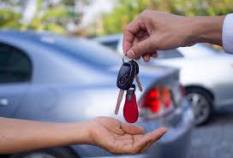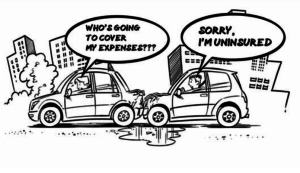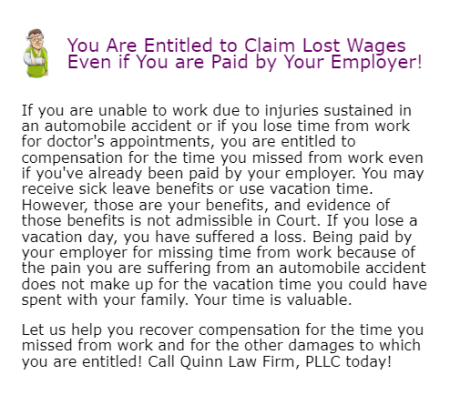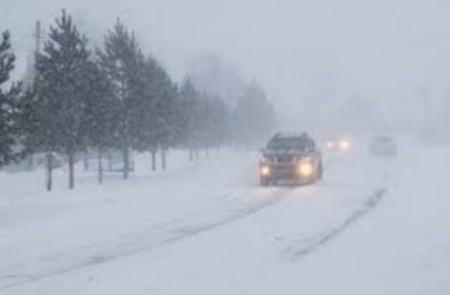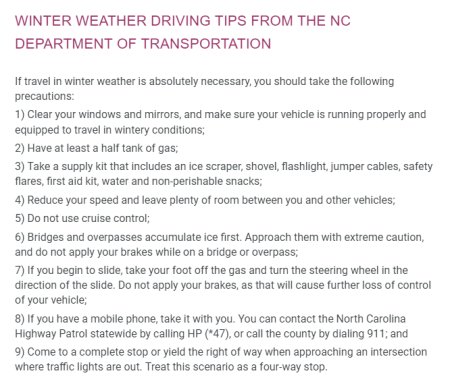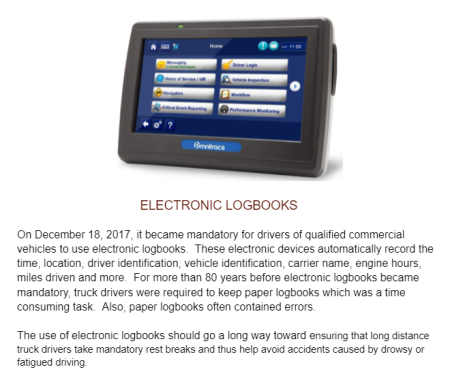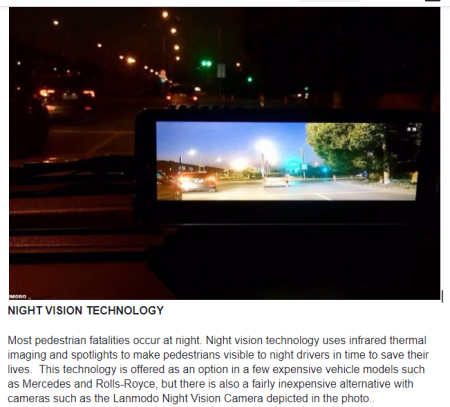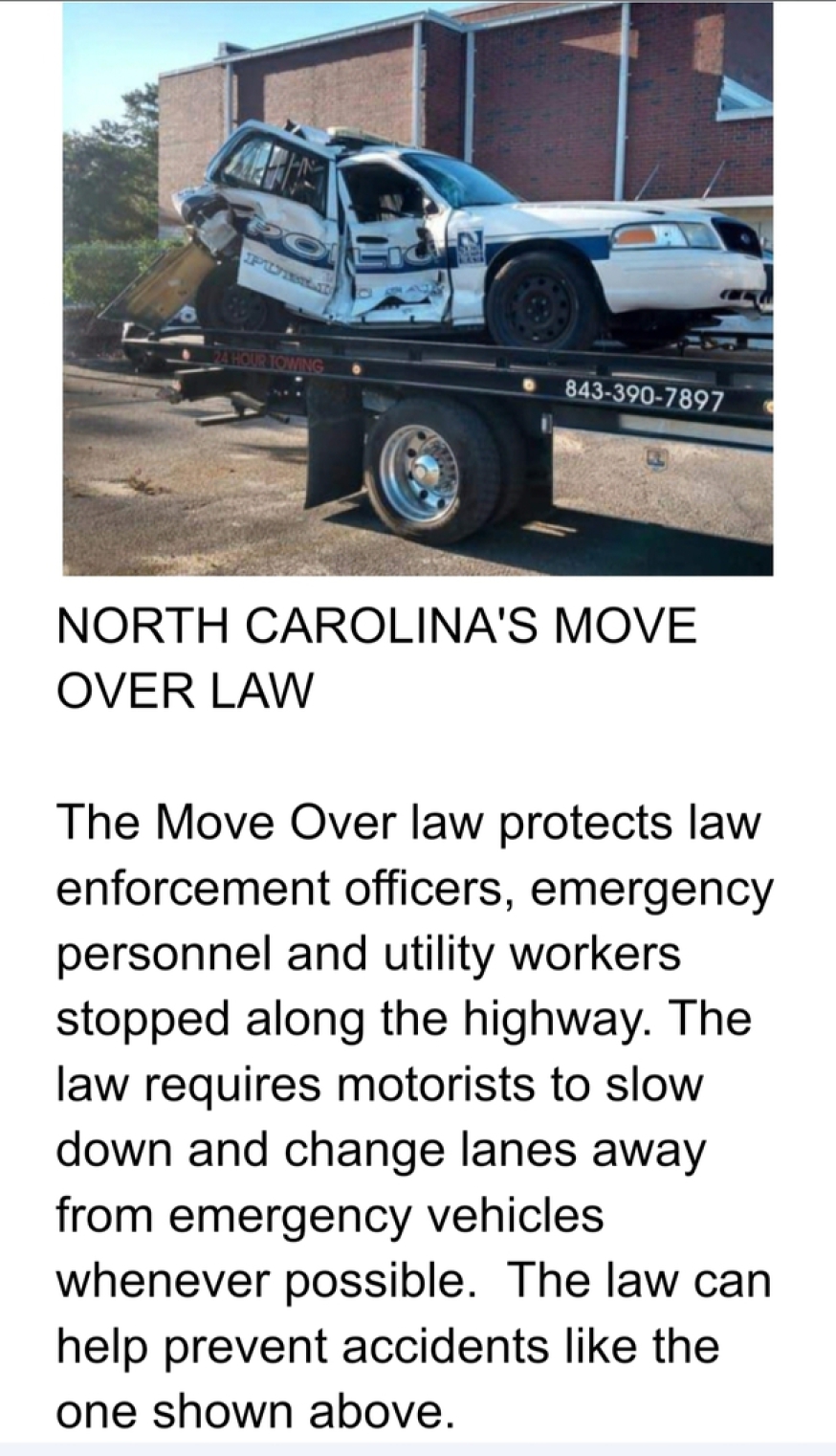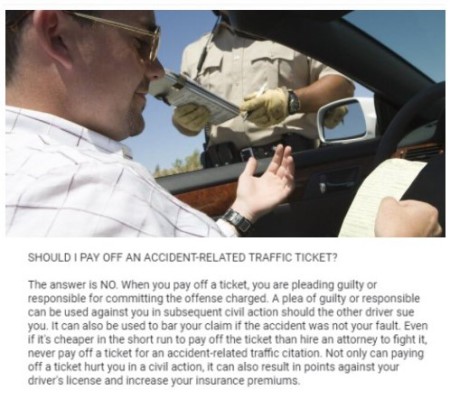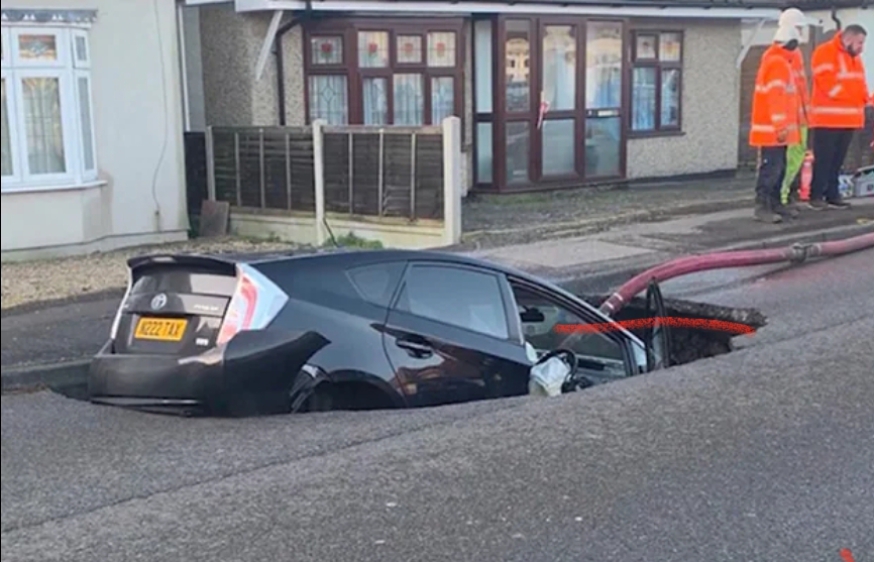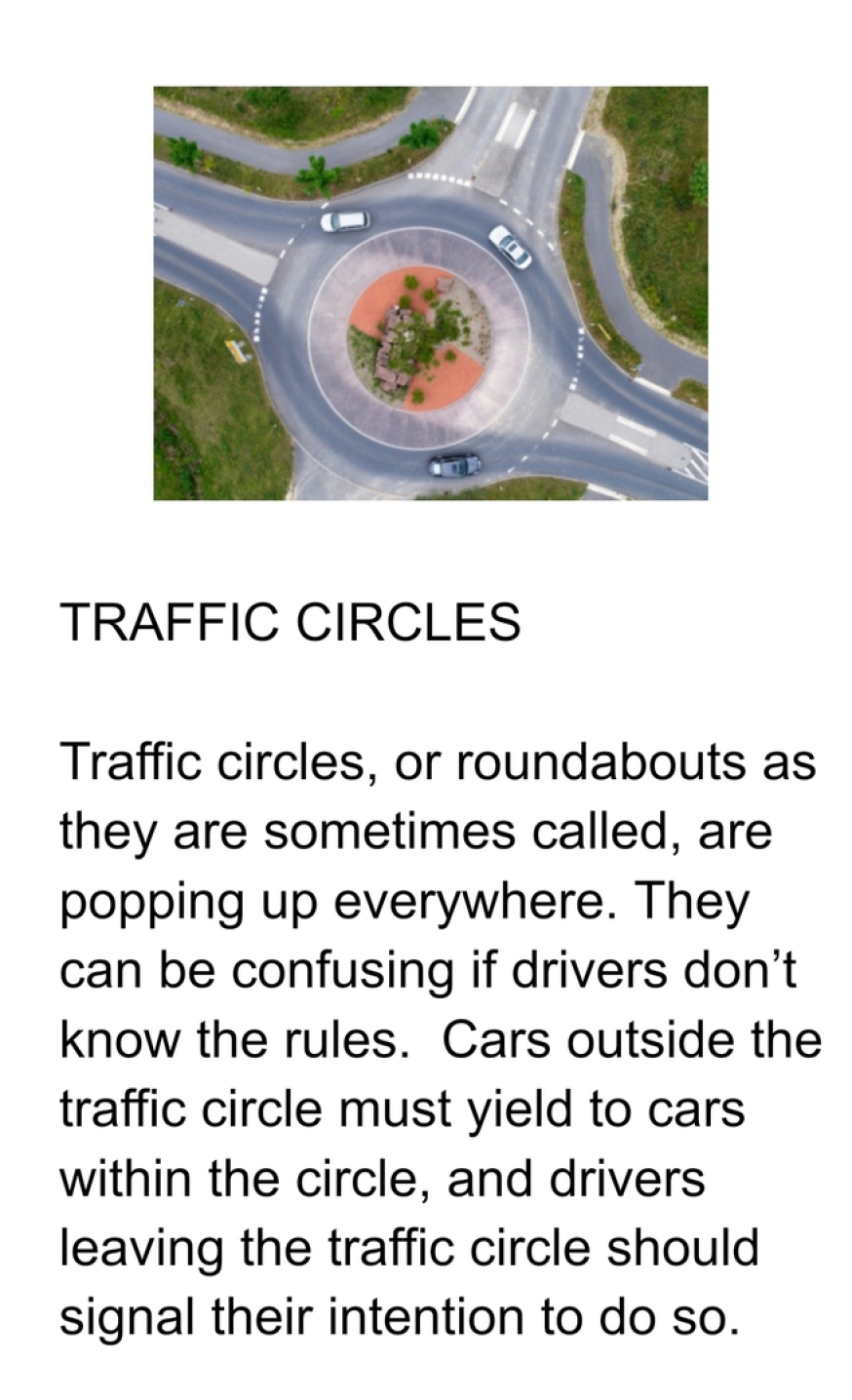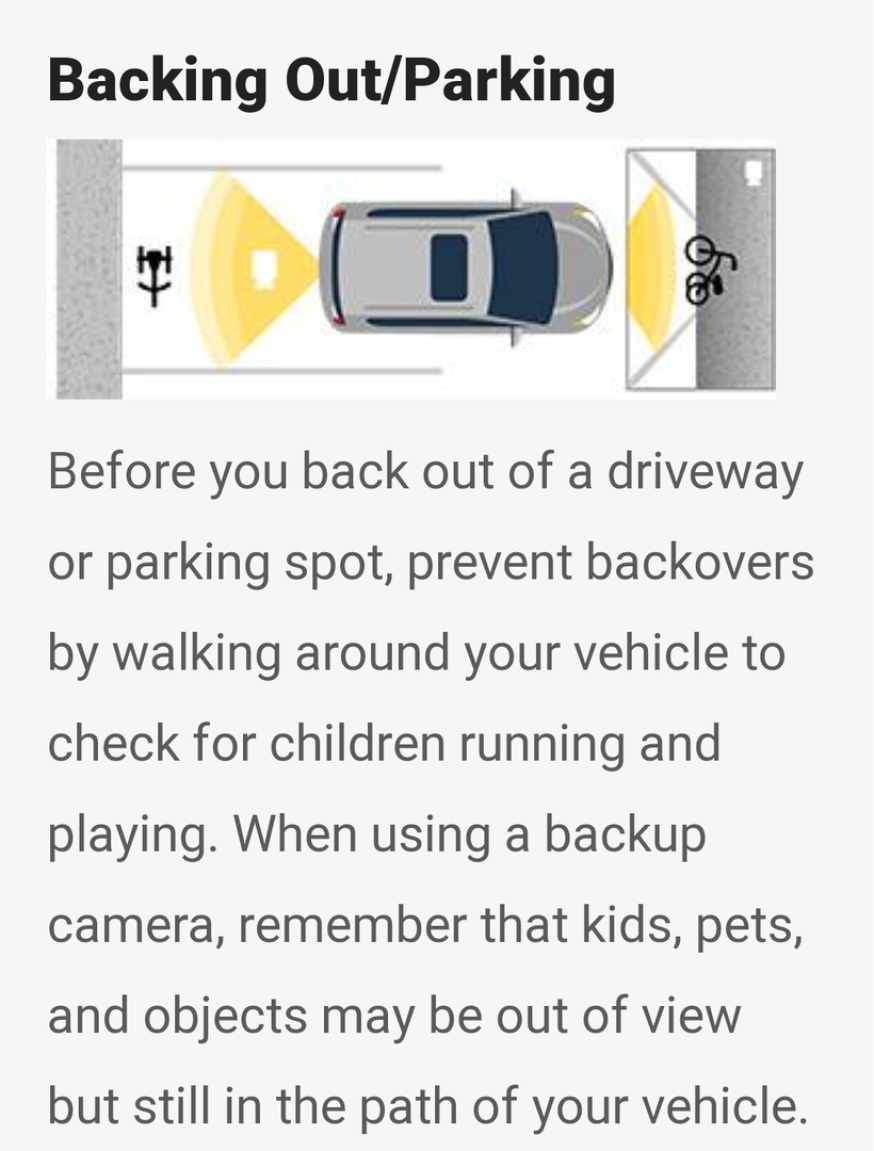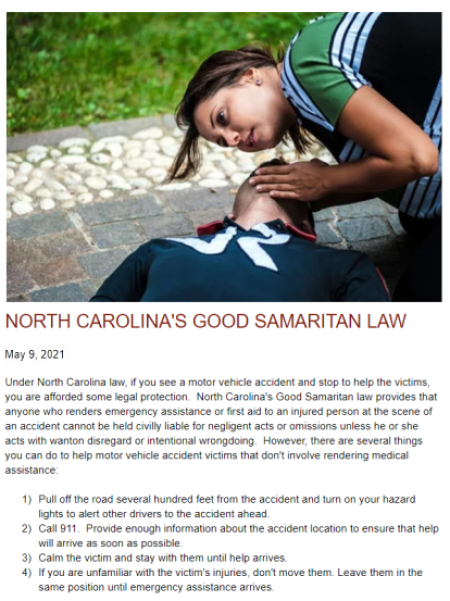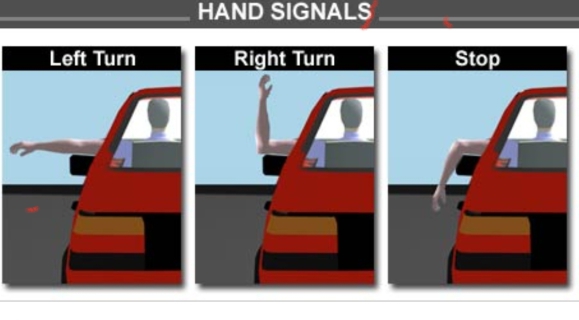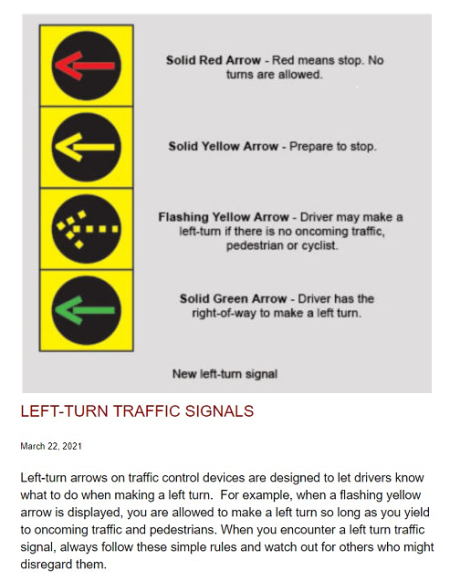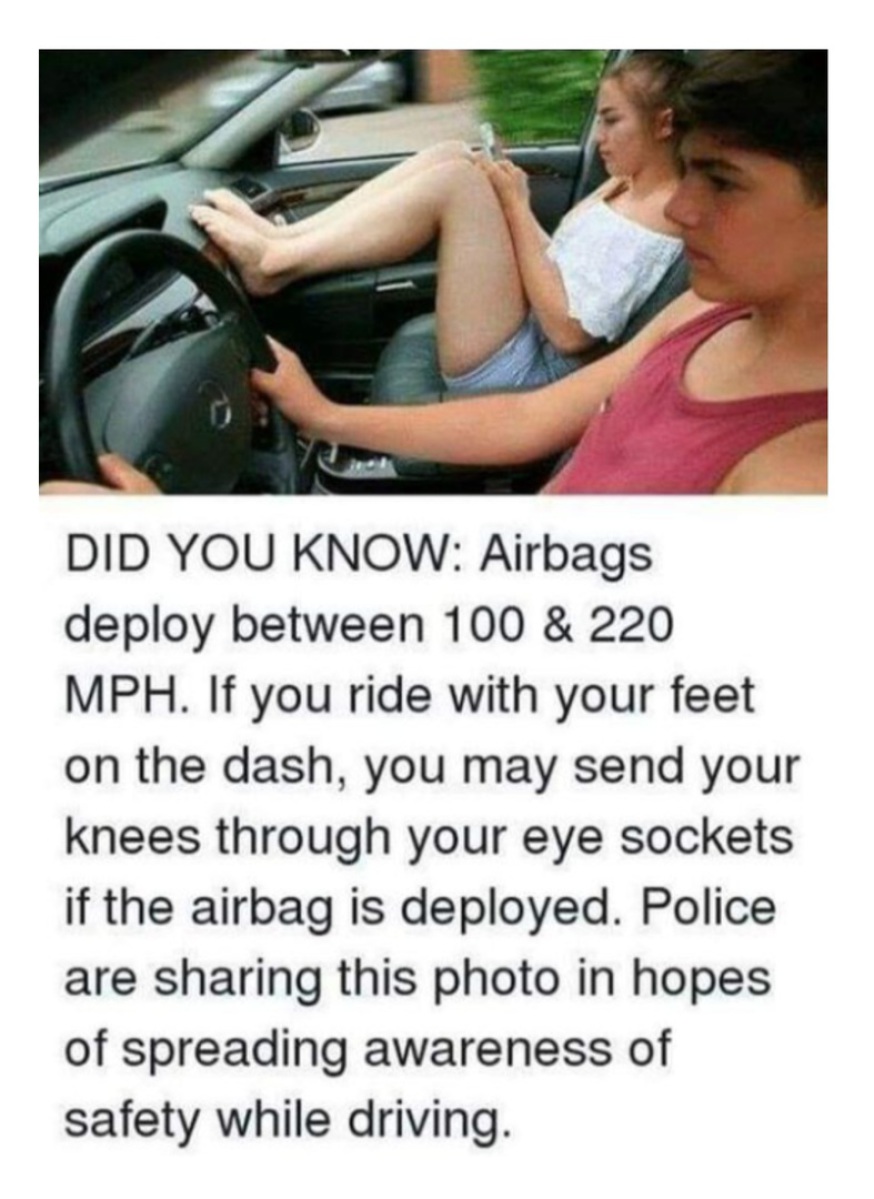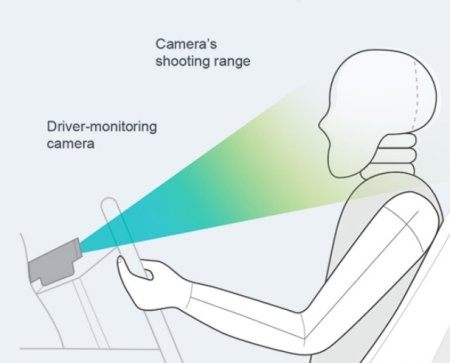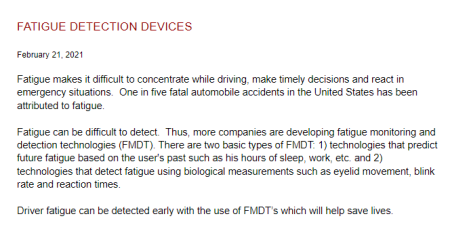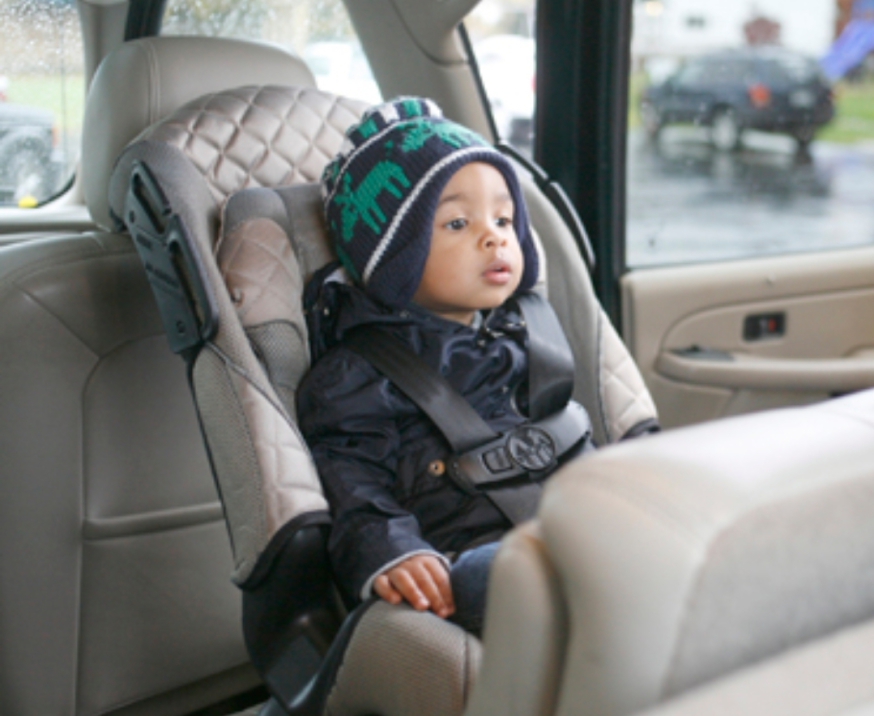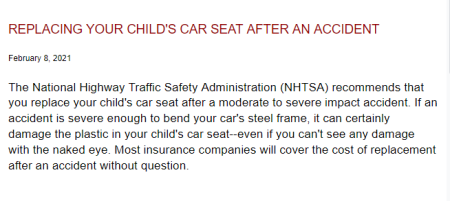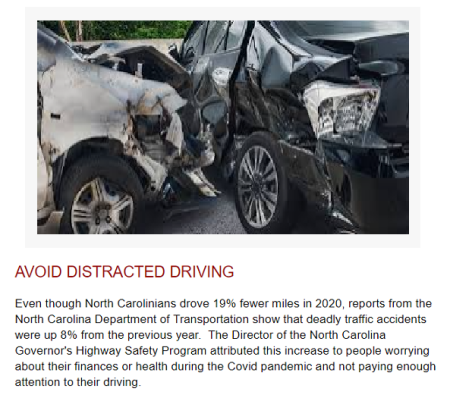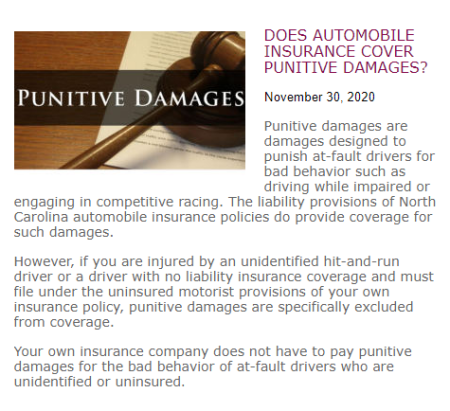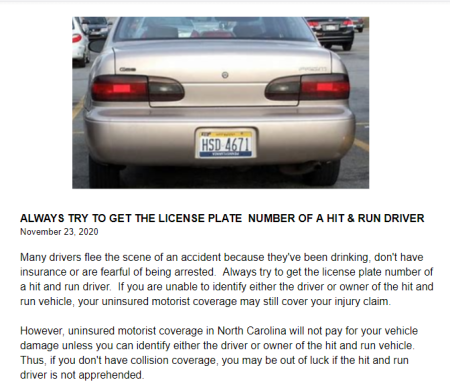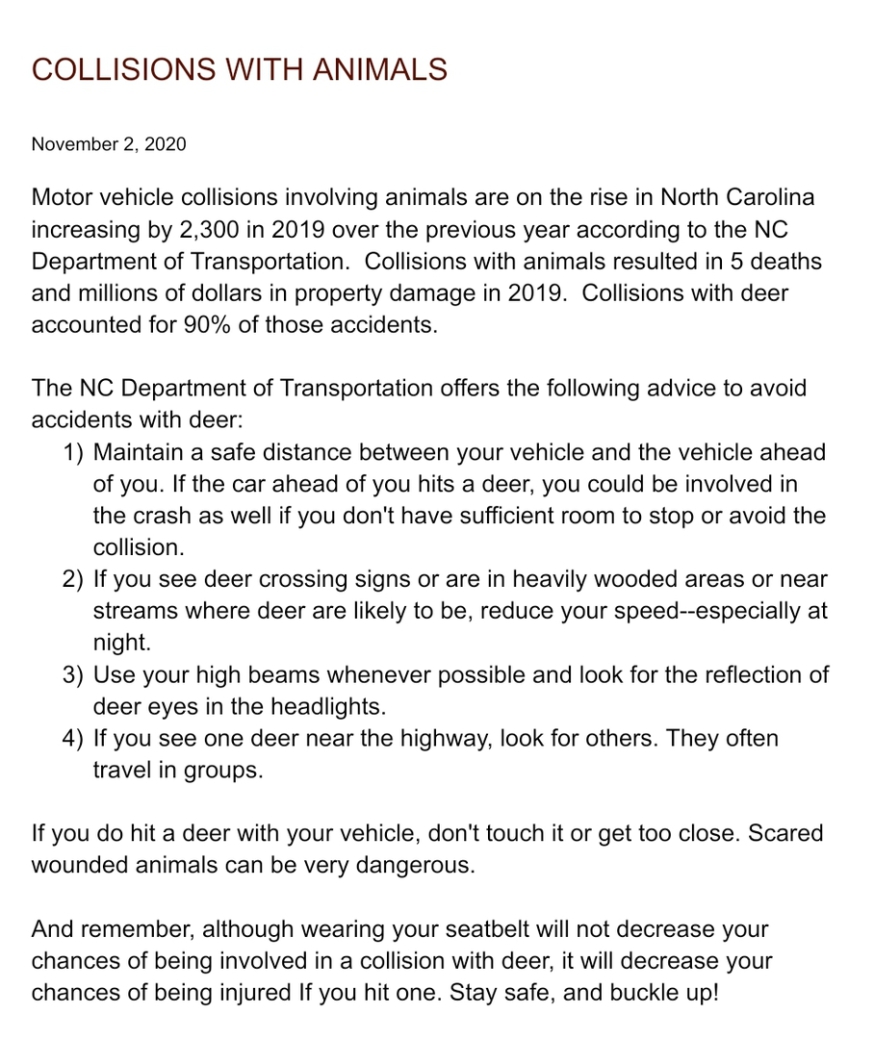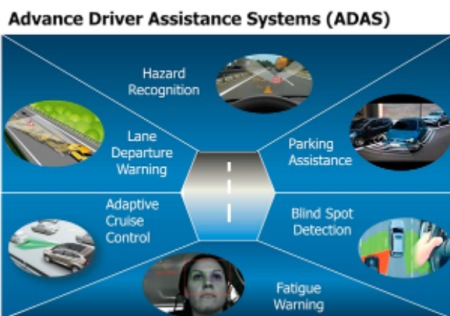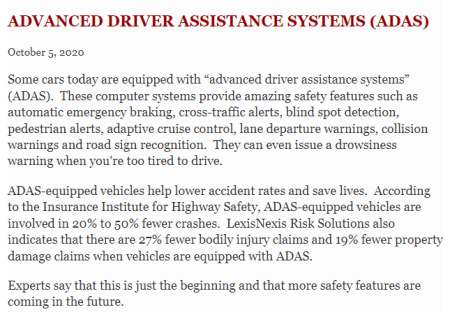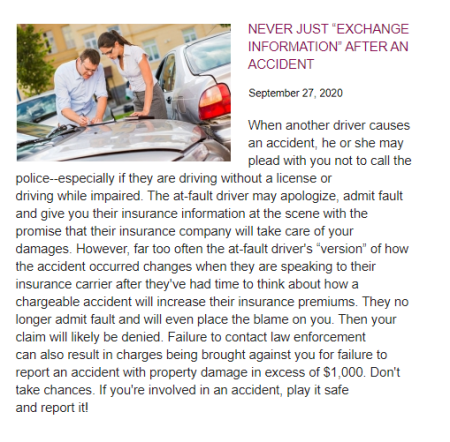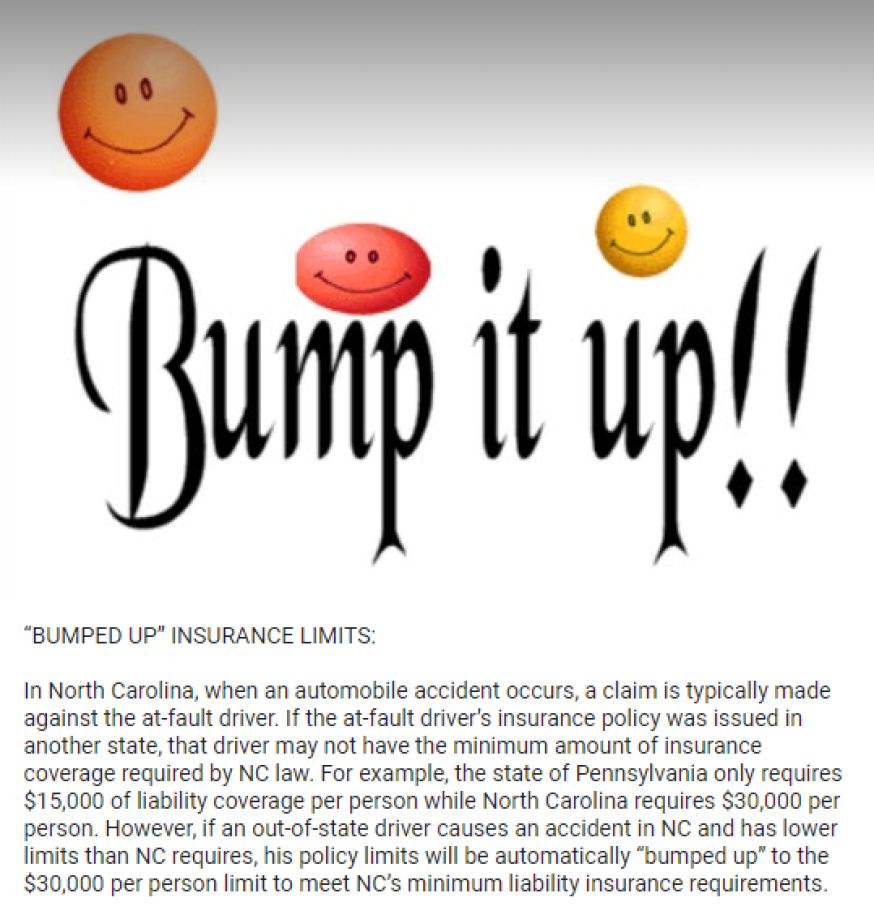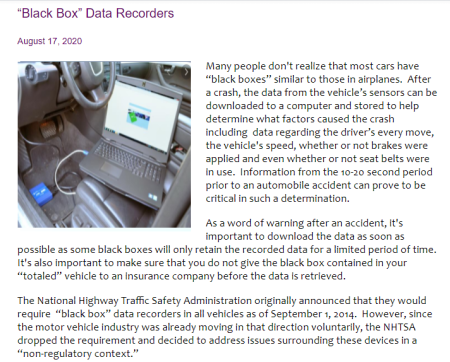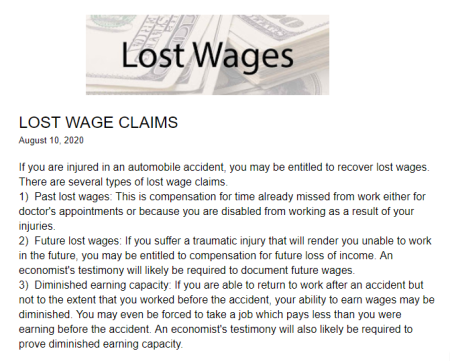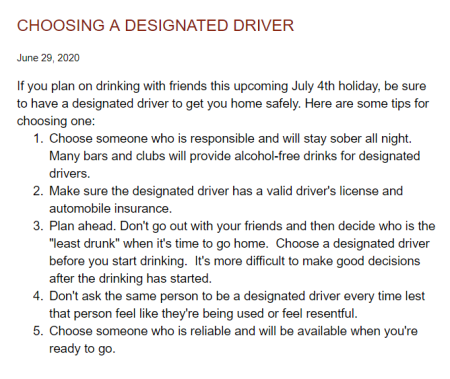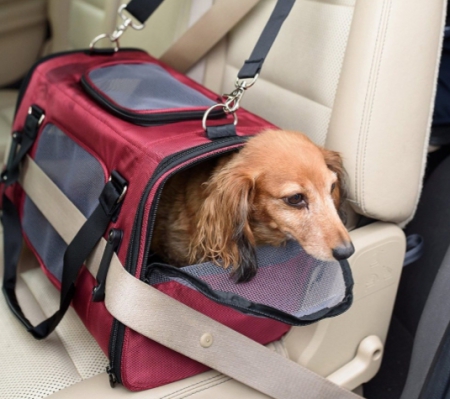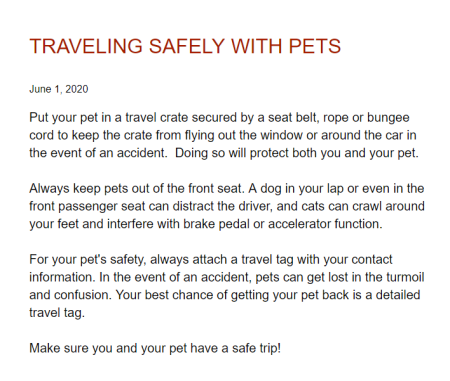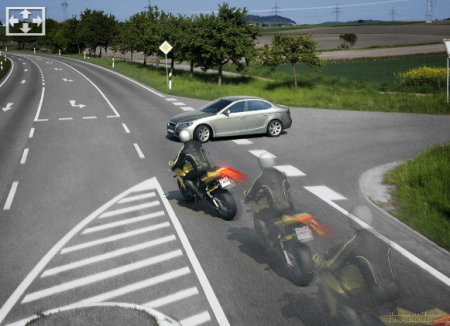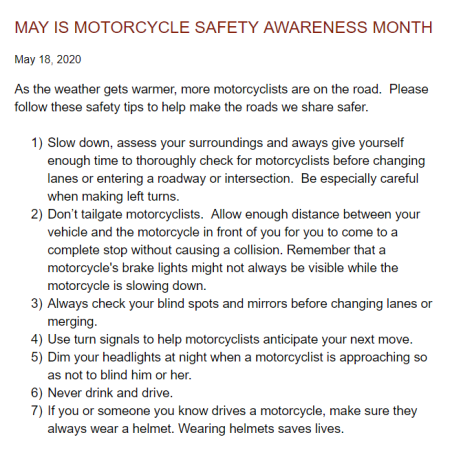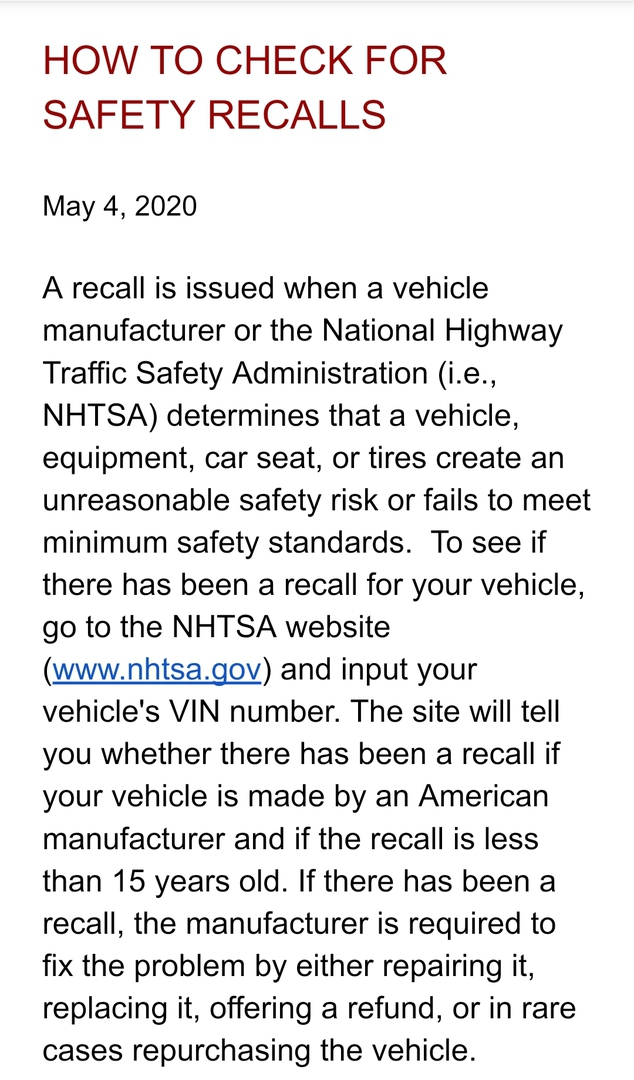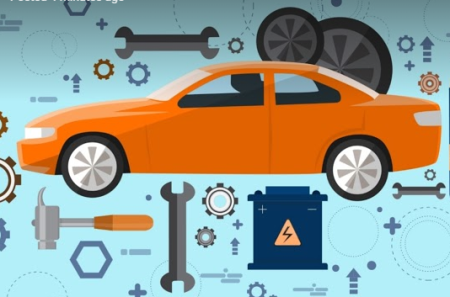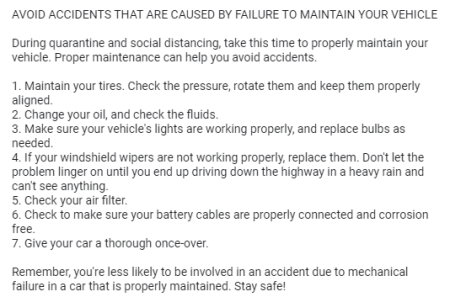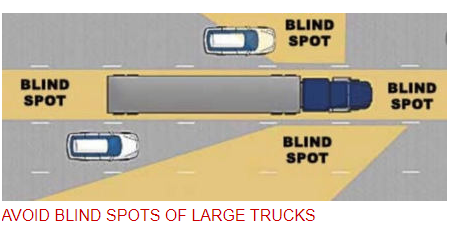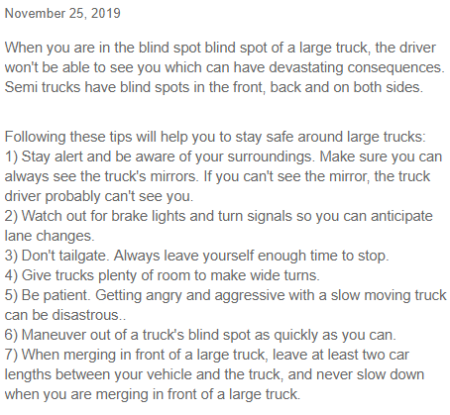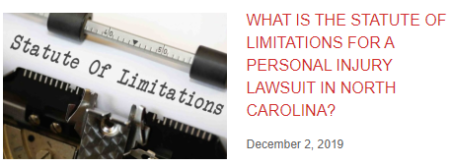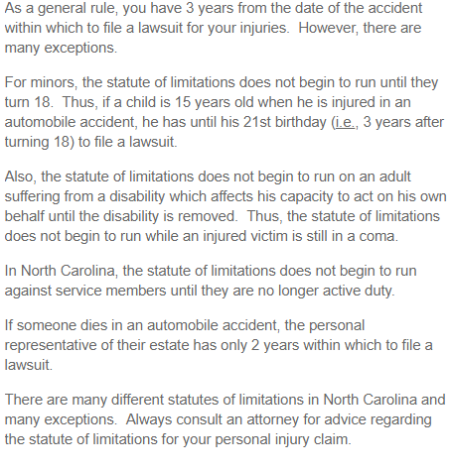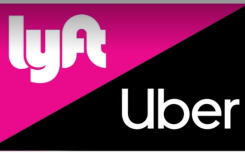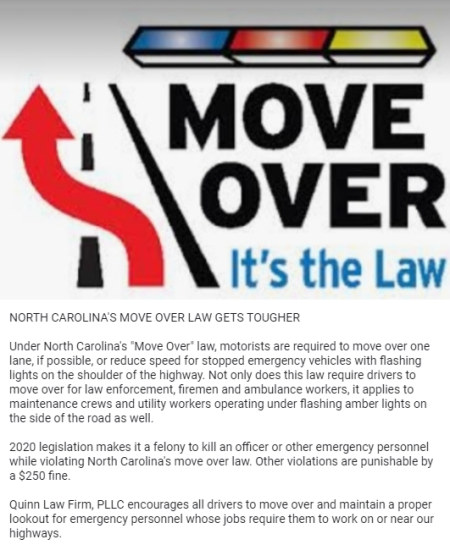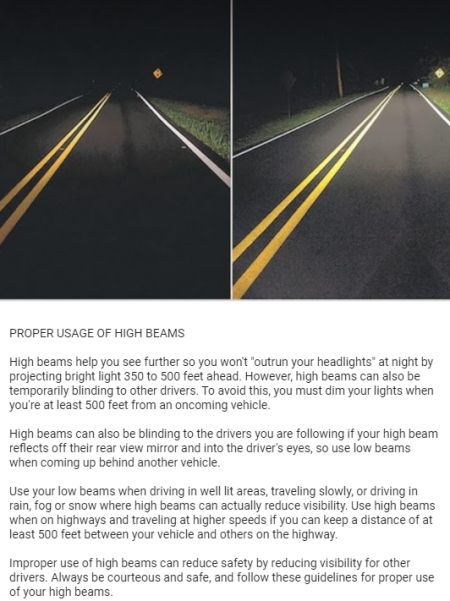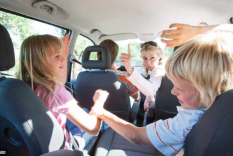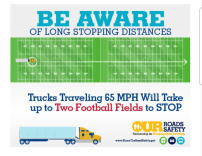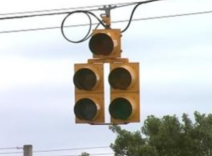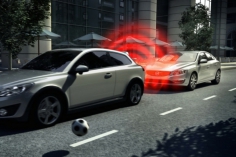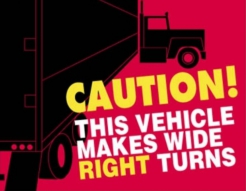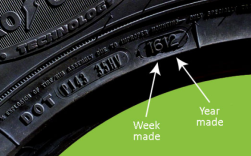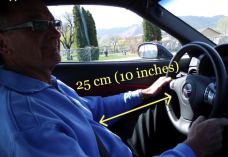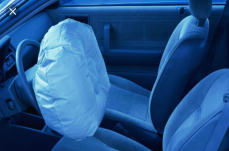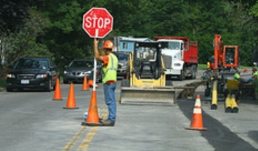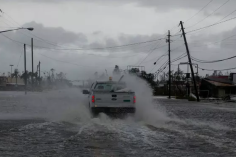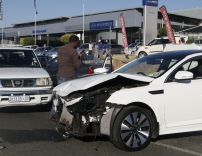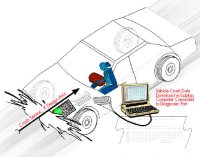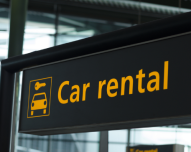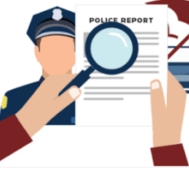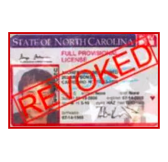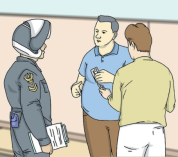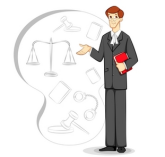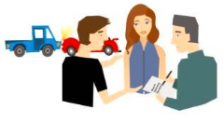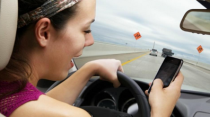PREPARING FOR AN EVENING OUT ON VALENTINE’S DAY
If you're making Valentine's Day plans, be sure to make arrangements for a sober ride. No matter where you live, you've got choices--taxis, Uber, Lyft or public transportation. Think of it as a way to have fun on your Valentine's date. Who doesn't want to be chauffeured around town on their special night?
In case you need more convincing, think of the person you most want to spend time with on Valentine's Day. Then imagine life without them because you or someone else made the selfish and dangerous choice to drive drunk.
A glass of wine or a cocktail with a nice dinner should be a small part of a beautiful and lasting memory--not the precursor to a drunk driving car crash. This Valentine's Day and every day, drive sober. That's the best recipe for a Happy Valentine's Day!!
NATIONAL TEEN DRIVER SAFETY WEEK IS OCTOBER 15-21, 2023
Motor vehicle accidents are a leading cause of death for teens between the ages of 15 and 18. This week and every week, parents should talk to their teenagers about the rules they need to follow in order to stay safe behind the wheel. Talk to your teens about alcohol, seat belt use, distracted and drowsy driving, speeding and how many passengers can safely fit in the vehicle. Even when you think they're not listening, they are!!
SAFETY TIPS FOR CHILDREN WHO WALK TO SCHOOL
If your children walk to school, practice walking with them. Tell them to walk on a sidewalk if one is available. If there is no sidewalk, they should always walk facing traffic.
Tell your children to walk in groups if possible. There is safety in numbers.
Tell them to look left, right and then left again to see if any cars are coming before crossing the street. Make eye contact with drivers before crossing, and always cross at crosswalks or intersections.
Tell your children to avoid strangers who may try to approach them and always keep them more than an arm's length away. Tell them to seek help immediately if a stranger follows them, and yell for help if a stranger ever touches them. Most importantly, tell them never to go anywhere with a stranger.
Don't let your children wear earphones or headsets that could keep them from hearing approaching traffic. Tell them not to use their cell phones while walking to school. Stress the importance of not being distracted. Your children need to stay focused, alert and safe!!
PREVENT HOT CAR DEATHS
Over 900 children have died from heatstroke since 1998, because they were either left in a hot car or became trapped in one. Follow these rules to prevent child deaths from heatstroke:
1. Never leave a child unattended in a vehicle for any reason.
2. Always check your entire vehicle — front and back — before locking the door and walking away. Remember to "Park, Look, Lock."
3. Ask your childcare provider to call if your child doesn’t show up when expected.
4. Place one of your personal items such as a purse or briefcase in the back seat, and place one of the child's personal items in the front seat.
5. Keep car keys out of the reach of children, and teach children that vehicles are not play areas.
CONTRIBUTORY NEGLIGENCE DOES NOT ALWAYS BAR RECOVERY IN NORTH CAROLINA
An insurance company may say that a claimant contributed to the accident as a basis for denying his or her claim. North Carolina is one of the few states where contributory negligence will generally bar recovery for damages. However, there are exceptions. For example, contributory negligence will not bar recovery if it is not a proximate cause of the accident. Contributory negligence is also not a defense against gross negligence by the other driver such as when he or she is drunk. Likewise, contributory negligence is not a defense against an intentional assault. If an insurance company alleges that you were contributory negligent, always consult an attorney to see if you can still recover for your injuries and damages.
SCHOOL BUS STOP SAFETY
As the school year approaches, more and more buses will be on the road. Precautions should be taken for the safety of children
getting on and off those buses.
Children should always listen to their bus driver. The driver will let them know when it's safe to cross the street or exit the
bus.
Children should be dressed in bright colors to make it easier for drivers to see them.
Children should stand at least 10 feet away from the highway when waiting for the school bus and should stay out of the
road.
If a child drops something while walking to or from the bus, they shouldn't pick it up. Drivers might not see a child who is
bending down to pick up an object.
Children should always look to the right before getting off the bus. Drivers sometimes pass school buses on the right, even though
it's illegal.
Keep our children safe this school year!!
WHICH WAY SHOULD YOUR WHEELS BE POINTING WHILE WAITING TO MAKE A LEFT TURN?
Your wheels should always be pointed straight when you are waiting to make a left turn. Otherwise, you could be pushed into oncoming traffic if you are struck from behind. Many people are killed in traffic accidents every year for failing to follow this simple safety rule.
JUNE 26 TO JULY 2, 2023 IS NATIONAL TIRE SAFETY WEEK
National Tire Safety Week is a great time to check your tires to ensure they're safe for summer travel. To check your tire tread, insert a penny into the tread groove with Abraham Lincoln's head upside down. If you can see the top of Lincoln's head, your tires are too worn and need to be replaced. You can also look at the treadwear indicator bars in the grooves. Check your tires for any evidence of cuts, cracks, bulges, thumbtacks or nails. You should check your tire pressure as well. Finally, you should check the code on the side of your tires. The US Department of Transportation requires all tires to be manufactured with a code which will tell you several things including the year, week and place of manufacture. For tires manufactured since 2000, the date of manufacture is the last four digits of the code. The first two digits are the week of manufacture, and the last two digits are the year. If your tires are more than 6 years old, they are unsafe and need to be replaced.
REPORT YOUR AUTOMOBILE ACCIDENT
In North Carolina, motorists are required to report automobile accidents involving death, personal injury or property damage of $1,000 or more to the nearest law enforcement agency. However, many motorists simply exchange information. While exchanging information may be quicker and simpler in the short term, it can create difficulties in the long run.
At-fault drivers don't always provide accurate contact and insurance information. They sometimes change their version of how the accident occurred when they talk to their insurance company down the road. Also, you may not be able to make an uninsured motorist claim later on if it turns out that the at-fault driver didn't have insurance. Most automobile insurance policies require the insured to report an accident within 24 hours after it occurs as a condition for making an uninsured motorist claim.
Be safe, and protect yourself by reporting all automobile accidents in which you are involved!!
NATIONAL DOG BITE PREVENTION WEEK IS APPROACHING
April 9 through 15, 2023 is National Dog Bite Prevention Week. 4.5 million people in the United States are bitten every year--most of them
children.
In order to prevent dog bites, the National Dog Bite Prevention Coalition recommends keeping your pet healthy. Animals are more likely to bite if they are sick or in
pain.
Introduce new people and new environments to your dogs slowly and allow them time to adjust without excessive stress. Praise and reward them for good
behavior.
Train your dog to walk on a leash, and act responsibly when approaching other dogs. Always ask the owner before approaching any dog and respect a dog's desire to be left
alone.
Take precautions to prevent yourself and your children from being bitten. Nevertheless, despite using your best efforts, dog bites can still occur. In 2020, $853.7 million was paid
by insurance companies across the country for dog bite claims. If you or a loved one is bitten by a dog, call Quinn Law Firm, PLLC for a free consultation.
FAILURE TO REDUCE SPEED TO AVOID A COLLISION
N.C.G.S. § 20-141(m) requires the operator of a motor vehicle to decrease his speed to the extent necessary to avoid a collision with a vehicle or a person ahead. This statute makes it illegal to follow another vehicle more closely than is reasonable and prudent under the circumstances. However, what is reasonable and prudent can change depending on traffic, weather and visibility. What is safe on a sunny day may not be safe during a thunderstorm. Always make sure there's enough distance between your vehicle and the vehicle ahead for you to stop safely!!
DRIVING IN WET WEATHER
Heavy rain can create dangerous driving conditions. If you must drive in the rain, slow down and allow extra time to reach your destination. Leave twice the normal distance between your vehicle and the vehicle ahead.
Turn on your headlights when using your windshield wipers, and make sure to signal for turns earlier than usual. You can use your defroster to increase visibility.
If your vehicle starts to hydroplane, take your foot off the gas, apply the brakes steadily and steer in the direction of the skid.
I WAS INJURED BY A DRONE DELIVERING PACKAGES. CAN I RECOVER DAMAGES?
Drone delivery services are regulated by the FAA and are also subject to North Carolina laws requiring them to yield to pedestrians and obey the posted speed limit and other traffic laws. Failure to do so is negligence which can result in injury. Commercial drones operating in North Carolina are required to have liability insurance coverage of at least $100,000 per claim to cover the damages of persons injured by their negligent operation.
MEDICAL PAYMENTS COVERAGE
Medical payments coverage, often referred to as "med pay," will cover reasonable and necessary medical expenses incurred as a result of an automobile accident. The expenses must be incurred within 3 years from the date of the accident in order for med pay coverage to apply. While med pay is an optional coverage not required in the state of North Carolina, it can be extremely helpful to those who are financially strapped due to an automobile accident.
If you have a North Carolina insurance policy, you are eligible to file med pay even if your medical expenses are paid in full by your health insurance company. If the accident was not your fault, you are also eligible to file med pay if your medical expenses were paid by the at-fault driver's insurance company.
If your insurance policy was issued in a state other than North Carolina, there may be a right of subrogation or reimbursement if your medical expenses are paid by both the liability insurance company and your own automobile insurance carrier when a third party is at fault for the accident. Quinn Law Firm, PLLC can help you determine if the medical payments carrier has reimbursement or subrogation rights. We can also help you determine if there is more than one policy that will provide medical payments coverage for your accident. Contact Quinn Law Firm, PLLC for answers to questions about medical payments and other coverages under your automobile insurance policy.
WRONGFUL DEATH ACTIONS
When someone dies as a result of the negligence of another, the representative of the decedent's estate such as an Executor or Administrator may be able to bring a wrongful death action. Wrongful death claims generally have a shorter statute of limitations than other negligence claims in North Carolina.
Recovery from a wrongful death action is distributed in accordance with the provisions of the Intestate Succession Act set forth in Chapter 29 of the North Carolina General Statutes which may or may not coincide with the provisions of the decedent's will.
Wrongful death recoveries are not considered assets of the estate and therefor are not subject to claims of creditors except as set forth in the Wrongful Death Act in Chapter 28A of the North Carolina General Statutes.
The North Carolina Wrongful Death Act provides limits on the amount of medical and funeral expenses which must be paid from the wrongful death proceeds. However, federal law trumps North Carolina law, so entities such and Medicare and Tricare are not subject to those limits.
Some individuals may be prohibited from recovering under the North Carolina Wrongful Death Act such as parents who had abandoned the care and maintenance of their child, the decedent's slayer or a spouse who had obtained a judicial separation from the decedent prior to the decedent's death.
Quinn Law Firm, PLLC can assist you in making a wrongful death claim. Call today for a free initial consultation.
JAYWALKING
Walking is great exercise, but don't take unnecessary chances. Crossing the street outside of a crosswalk is known as jaywalking, a practice which can result in serious injury or death.
If you are not in a crosswalk when you cross the street, you must maintain a proper lookout for all vehicles on the highway and yield the right-of-way to them. Failure to do so is contributory negligence which can bar a pedestrian's right to sue for damages for their injuries in North Carolina.
Stay safe, and always use the crosswalk when crossing the street!
WHAT IF MY NAME IS NOT ON THE ACCIDENT REPORT?
In order to make a claim for injuries sustained in a motor vehicle accident, you must first prove that you were involved in the accident. Many insurance companies will not pay a personal injury claim unless you are listed on the police report as an occupant of the vehicle.
If you are a passenger in a motor vehicle accident and your name is not included on the report, you should contact the investigating officer and request that your name be added to the report. Such omissions happen from time to time, as law enforcement officers are human and make mistakes just like the rest of us. However, they are generally happy to add the identity of omitted passengers to the accident report once the omission is called to their attention.
DOG BITES
According to the Center for Disease Control, 4.5 million people are bitten by dogs every year in the United States. Dog bite victims may be able to recover compensation for their injuries from irresponsible dog owners or caretakers under several legal theories.
First, there may be liability for violation of a safety statute, ordinance or regulation. For example, when a dog owner ignores a leash law and allows his dog to run around the neighborhood, that person could be held accountable for making such a foolish decision.
In North Carolina, dog owners are also generally held liable under basic negligence principles if they knew or should have known that their dog had vicious propensities or was dangerous and failed to take adequate precautions for the protection of others.
Also, if the dog has previously bitten anyone or been declared dangerous by authorities, then the owner becomes responsible under the theory of strict liability for future bites.
Homeowner's or renter's insurance may provide coverage for the negligence of their insured which results in a dog bite. If you or a loved one has been bitten by a dog, call Quinn Law Firm, PLLC today!
THINK TWICE BEFORE LETTING FRIENDS DRIVE YOUR VEHICLE
A friend may ask to drive your car and say, "Don't worry, I have insurance." Nevertheless, if your friend causes an accident while driving your vehicle, it is likely that your insurance that will pay instead of his or hers.
Think twice before allowing someone else drive your vehicle. In addition to having your insurance pay for the damages, you may also be held personally liable for the negligence of someone driving your vehicle if that person is acting as your agent when the accident occurs or if you negligently entrust your vehicle to another such as allowing an intoxicated person to drive your vehicle.
UNINSURED AND UNDERINSURED MOTORIST COVERAGE
According to the Insurance Research Council, one in every eight drivers on the road is uninsured. Many other drivers don’t have enough insurance to cover your medical bills, lost wages, pain and suffering, permanent injury and other damages caused by an accident. Protect yourself, your passengers and family members who reside with you by purchasing uninsured and underinsured motorist coverage today.
SINKHOLE SAFETY TIPS
Sinkholes can develop under roadways and create hazardous driving conditions. Avoid sinkholes if you can. If not, try to back out of the sinkhole if it is still forming. If you can't back out, exit your vehicle as quickly as possible. Always carry a tool that can break glass and some heavy-duty gloves to help you get out of your vehicle quickly.
HAND SIGNALS
April 19, 2021
You can use signal lights or hand signals to let others know of your intention to turn or stop. According to North Carolina General Statute 20-154, signals must be displayed for at least 100 feet prior to your turn or stop in areas where the speed limit is less than 45 mph. However, at a speed of 45 mph or greater, signals must be displayed for at least 200 feet before your turn or stop.
WHOSE INSURANCE PAYS WHEN YOU WRECK A CAR YOU'RE TEST DRIVING?
March 1, 2021
When you test drive a car, it is considered to be a temporary substitute vehicle under the terms of your insurance policy. As such, your insurance company will be responsible for paying for the damages when you cause an accident while test driving a vehicle that belongs to the dealership.
WILL UBER PAY IF I'M INJURED IN AN ACCIDENT WHILE RIDE SHARING?
March 12, 2020
Many people use Uber, Lyft
or other "ride sharing" companies to fill their transportation needs. You may wonder who will pay for your damages if you're involved in an accident as a result of the negligence of an Uber or Lyft
driver.
Uber and Lyft do not own
vehicles nor do they employ drivers to work for them. Drivers of Uber and Lyft vehicles are independent contractors. As such, Uber and Lyft are not typically responsible for their
negligence.
However, Uber and Lyft both
have insurance that provides up to $50,000 per person and $100,000 per accident coverage for personal injuries if the driver has logged into the app but has not accepted a ride share request at the
time the accident occurs. They provide insurance of up to $1 million per person if the driver has received a ride share request through the app when an accident
occurs.
However, Uber or Lyft
insurance will not pay until benefits under the personal automobile policy of the driver are either exhausted or denied. As a general rule, the driver's personal auto policy will exclude coverage for
injuries when the driver is using the vehicle to carry passengers for a fee.
Although Uber and Lyft
drivers can purchase ride share endorsements in certain states which will provide coverage for their negligence, they rarely buy commercial policies which are typically more expensive than personal
auto policies.
KIDS MAY BE THE WORST DRIVING DISTRACTION OF ALL
November 4, 2019
An Australian study recently revealed that children in the backseat can be 12 times more distracting than texting while driving. Parents break up fights between their children, comfort screaming toddlers, feed their children and more. The study showed that men were more likely to be distracted by their kids than women.
Thus, it's important to establish rules for children riding in motor vehicles so they know what to expect. Let them know that, if they drop something, the driver will not be able to pick it up for them until the car is stopped.
Establish rules for yourself as well. Stay off the phone when your kids are in the car. You don't want to put them in even more danger.
When driving, pay attention and keep your eyes on the road for the sake of your children and yourself!
HEALTH INSURANCE SUBROGATION LIENS
July 8, 2019
People who have been involved in motor vehicle accidents are often eligible to have some or all of their medical expenses paid by their health insurance carrier. In some situations, the heath insurance company may be entitled to reimbursement for benefits paid in the event the injured party recovers a settlement from the person at fault for the accident.
True health insurance companies who issue policies within the State of North Carolina are not allowed to contain provisions for subrogation. See 11 North Carolina Administrative Code 12.0319 which states that, "Life or accident and health insurance forms shall not contain a provision allowing subrogation of benefits."
However, if an out-of-state health insurance company issues a policy, such policy would not be subject to the regulations of the North Carolina Administrative Code. The health insurance company could issue a policy containing subrogation provisions if allowed to do so by the state in which the policy is being issued.
GIVE BIG TRUCKS PLENTY OF SPACE
June 10, 2019
A tractor trailer can weigh 80,000 pounds and require a distance equivalent to two football fields to stop, while an average passenger vehicle weighing 3,000 to 4,000 pounds can usually stop in half that distance. A tractor trailer's stopping distance increases with heavy loads and with weather conditions such as rain, sleet, snow or ice. Also, unlike most passenger vehicles which have hydraulic brakes, most large tractor trailers have air brakes. Air brakes have lag time similar to the delay between the time the water is turned on and the time it comes out of the hose. When a truck driver applies the brake, compressed air has to travel from one part of the braking system to another. This results in a short delay between the time the truck driver applies the brakes and the time the brakes react. Never cut suddenly in front of a tractor trailer, and always give large trucks and buses plenty of room to stop.
WHO HAS THE RIGHT OF WAY WHEN TRAFFIC LIGHTS ARE OUT?
June 3, 2019
When a traffic light is out due to a power outage or malfunction, vehicles are required to proceed as if the intersection had stop signs controlling all approaches. However, this rule doesn't apply when traffic is being directed by a law enforcement officer, another authorized person or a different type of traffic control device.
HOW TO IMPROVE YOUR STOPPING DISTANCE
May 6, 2019
There are two factors that determine how long it takes to stop your vehicle. The first is your reaction time. Thus, paying close attention to your surroundings while driving is extremely important. Watch out for pedestrians, other vehicles, animals and anything else that could result in you having to stop suddenly. Avoid all distractions while driving.
The second factor in determining how long it takes to stop your vehicle is its braking distance. How long it should take your car to stop is not always determinative of how long it actually will take your car to stop.
In order to insure that your vehicle is able to stop as quickly as possible, start with checking the brakes themselves. Make sure that the brake pads and rotors are not worn or damaged.
Check your tires as well. Make sure that they have sufficient tread and have not passed their expiration date. Old tires can become dried out and brittle and can blow out.
Finally, pay attention to weather conditions. Braking on extremely wet roads can cause your vehicle to hydroplane, and special tires or chains may be required in icy or snowy conditions.
Remember, following these simple rules may help you to avoid collisions with others who don't. Stay safe, and arrive alive!
WATCH OUT FOR TRUCKS MAKING WIDE RIGHT TURNS
April 29, 2019
Commercial truck drivers are trained on how to properly make right turns. The NC Commercial Driver License Manual published by the NC Department of Transportation states that drivers of tractor trailers and other large commercial vehicles should keep their wheels close to the curb and only swing wide after starting to make their turn so that their vehicle doesn’t cross into the lane of oncoming traffic.
Nevertheless, many commercial truck drivers move into the left lane before making a wide right turn. Drivers behind them sometimes believe that the truck driver is going to make a left turn when he moves into the left lane in preparation for making a wide right turn. They believe it is safe to pull up beside the truck in the right-hand lane and even into the truck's blind spot. They may not realize the truck is making a right turn until it suddenly crosses the lane in front of them. By that time, it may be too late to stop, and collisions with large trucks can be dangerous if not fatal.
Always keep a proper lookout for vehicles around you and especially for those ahead of you. Be safe, and arrive alive!
ARE YOUR TIRES SAFE?
February 25, 2019
Old tires are dangerous. They dry out and are at risk for total failure due to tread separation. Even skilled drivers can’t maintain control of their vehicle when their tires fail at 60 mph. So how can you tell if a tire is old? The US Department of Transportation requires all tires to be manufactured with a code which will tell you several things including the week, year, and place of manufacture. The code consists of letters and numbers located on the side of your tires. For tires manufactured from 2000 to present, the date of manufacture is the last four digits of the DOT code. The first two digits are the week of manufacture, and the last two digits are the year. If your tires are more than 6 years old, they are unsafe. Vendors all over the nation are selling tires that are more than 6 years old. Don’t assume that a tire is brand new because you just bought it. It may have been sitting on the shelf for years. Be safe, and check the dates on your tires. The following link will show you how: https://www.facebook.com/rayfield.boyd.3/videos/2761457567413422/
DRIVER POSITION SAFETY TIPS
December 8, 2018
1) Don't sit too close to the steering wheel. According to the National Highway Traffic Safety Administration, you should drive with your breastbone at least 10 inches from the airbag cover in the center of the steering wheel at all times. If you have trouble getting your feet to reach the pedals, try using pedal extenders.
2) Always adjust your steering wheel downward so that it points at your chest and not at your head or neck.
3) Keep your hands at the 9 o’clock and 3 o’clock position. Not only is this position stable and comfortable, it also keeps your hands out of harm's way from the airbag.
4) Wear your shoulder harness so that it sits flat against your chest and not against your neck, and wear your seatbelt so that it fits snugly across your hips.
Following these simple tips will help keep you safe when you're behind the wheel.
AIRBAG SAFETY
Automobile manufacturers equip vehicles with airbags to protect occupants from injury when a crash occurs.
To get the most benefit from an airbag, always make sure your seat belt is properly fastened.
To protect children, always put them in the back seat with proper restraints. If a child must ride in the front seat, move the child's seat back as far as you possibly can, and tell the child never to lean forward at any time during the trip.
Never place rear-facing car seats in the path of an airbag.
TIPS FOR DRIVING IN WORK ZONES
November 26, 2018
Expect closed lanes, reduced speed limits and other conditions in work zones that can affect normal traffic flow. Whenever possible, use alternate routes. When not possible, follow these safety tips:
1) Don't speed.
The penalty for speeding in a work zone is $250.
2) Turn on your
headlights so workers and other motorists can see you.
3) Pay attention,
and don't get distracted.
4) Keep up with
traffic, but don't tailgate.
5) Don't change
lanes in a work zone.
6)
Expect the unexpected. Watch out for workers,
their equipment and road debris.
WHO HAS THE RIGHT OF WAY WHEN MERGING?
November 5, 2018
A driver has the right of way in the lane in which his vehicle is traveling. Always be careful when merging into someone else's lane. NCGG 20-146(d)(1) states that a driver should not move his vehicle into another lane “until the driver has first ascertained that such movement can be made with safety.” Nevertheless, even if you have the right of way, slow down when you see another driver trying to move into your lane and allow him to merge. Be courteous to other drivers on the road.
COLLISIONS WITH LIVESTOCK
October 29, 2018
Collisions with animals kill 200 people a year in the United States. Many others are injured and their vehicles damaged.
Who is responsible? Obviously, it's not the animal. However, sometimes action can be taken against the livestock owner. Anyone who owns livestock in North Carolina is required to take reasonable measures to ensure that their animals do not escape.
Taking reasonable measures includes providing adequate fencing or other enclosures and also properly maintaining those enclosures.
Victims of collisions with livestock must prove that the livestock owner was negligent in order to recover damages. This may be hard to do when a determined bull breaks through a perfectly good solid fence and escapes. Consult an experienced personal injury attorney if you or a loved one has been injured in a collision with livestock.
LIGHTING REQUIREMENTS FOR YOUR CAR
October 22, 2018
North Carolina law requires every motor vehicle traveling on the highway to have its headlights and rear lamps lit: 1) from sunrise to sunset, 2) any time there's not enough light to clearly discern a person from distance of 400 feet, and 3) any time that your windshield wipers are constantly in use due to smoke, rain, snow, fog or other weather or environmental conditions which severely reduce your ability to clearly see a person or motor vehicle at a distance of 500 feet. You're not required to have your headlights and rear lamps on if your windshield wipers are operating only intermittently due to misting rain, snow or sleet.
As of March 1, 2018, North Carolina law requires all vehicles originally equipped with white backup lights to have those backup lights operational.
North Carolina also has laws in effect setting forth the lighting requirements for motorcycles, bicycles, road machinery, farm equipment and trailers.
1) Be prepared. Keep your gas tank full and your car in good running condition. You don’t want to run out of gas or be stuck on the side of the road with
car trouble during a hurricane.
2) If you have to travel, don’t wait till the last minute. Waiting increases the risk that you will get stuck in traffic as the storm intensifies around you.
3) Stay in your vehicle and try to find a sheltered place to park such as a parking garage or overpass.
4) Don’t drive through water on the road. There can be hidden dangers beneath the water. It can damage to your engine or even sweep your vehicle off the road.
5) Be aware of your surroundings, and be on the lookout for downed electrical wires, trees or other debris on the road and in the air.
6) Maintain a safe distance from big trucks and trailers on the road. Because of their large surface area, they are more vulnerable to tipping over in strong winds.
7) Don’t set your cruise control. Doing so could make your vehicle accelerate and hydroplane turning a bad situation into a worse one. If you do hydroplane, take your foot off the
accelerator. Don’t hit the brakes or turn your steering wheel. Wait till you regain traction and then tap the brakes lightly to help them dry.
8) When it’s raining so hard that you can’t see what’s ahead of you, pull off the road and wait it out.
It’s best to stay completely off the road during a hurricane. If you can’t, remember these tips and stay safe!
WHEN YOUR NEW CAR IS WRECKED
September 24, 2018
North Carolina General Statute 20-71.4 makes it a misdemeanor to transfer title to a motor vehicle which is 5 model years old or less and to fail to disclose in writing to the purchaser that it has been involved in a collision in which the cost of repairs, excluding airbag replacement, exceeded 25% of the vehicle's fair market value at the time of the collision.
Thus, if another driver causes an accident in which your vehicle is wrecked but not totaled, your vehicle may lose value. After all, no purchaser is going to pay the same price for a vehicle that has been wrecked as for one that hasn't.
If an accident results in your vehicle losing value, you may be entitled to make a claim for diminution in value in addition to your claims for vehicle repairs, loss of use and any other property damage claims you may have.
WHY WON’T THE INSURANCE ADJUSTER RETURN MY PHONE CALLS?
August 27, 2018
Adjusters for the at-fault driver’s insurance company don't have to return your phone calls. In fact, the insurance company doesn't have to pay anything at all on your claim unless forced to pay by a Court of law.
Insurance companies are in business to make money. As a result, some adjusters look for ways to deny or reduce the value of your claim. The less they pay, the more the insurance company gets to keep.
An accident victim may be wondering how they're going to pay for their medical expenses or a rental car. The longer the adjuster takes to return that victim’s call, the more financial pressure the victim may feel and the more likely he or she may be to accept whatever they are finally offered regardless of whether or not the offer is fair.
At Quinn Law Firm, we have found that simply hiring an attorney will usually stop these delaying tactics. Let us help take the frustration out of dealing with insurance claims--and difficult adjusters--on your own.
“BLACK BOX” CRASH DATA RECORDERS
August 6, 2018
Many people don't realize that most cars and trucks have tamper-proof “black boxes” just like airplanes. They record data from the vehicle’s sensors which can help prove how an accident occurred--especially if there are no witnesses.
After a car crash, the data can be downloaded from the black box, also known as a crash data retrieval (CDR) system or an event data recorder (EDR), to a computer and analyzed to help lawyers and law enforcement officers determine what factors contributed to the crash including data regarding the vehicle's speed, whether or not brakes were applied, how the car was being steered, the throttle position, whether the cruise control was on, whether or not seat belts were in use, and more. Some vehicles have systems such as OnStar which transmit information from the CDR system to a remote location for storage.
It's important to download the recorded data as soon as possible after an accident, as some black boxes will only retain the recorded data for a limited period of time. Also, make sure not to give the black box from your “totaled” vehicle to the insurance company before the data is retrieved.
AM I RESPONSIBLE IF SOMEONE DRIVING MY CAR GETS INTO AN ACCIDENT?
July 30, 2018
If someone driving your car with your permission, express or implied, is at fault in an accident, your insurance company will cover the damages. A judgment solely against that driver will be covered under your policy.
There are also circumstances under which you can be held personally liable as well. You may be held liable if an individual driving your vehicle was acting as your agent such as when driving to the store to buy groceries on your behalf. You can also be held personally liable if you negligently allow another driver to drive your car. For example, when you give your car keys to someone who is intoxicated, you will be responsible for negligently entrusting your vehicle to a drunk driver and can be held personally liable for any damages that drunk driver may cause.
UNBIASED WITNESSES CAN BE INVALUABLE AFTER AN ACCIDENT
July 7, 2018
If you witness an automobile accident, please stop, provide any assistance you can to the injured parties, wait for the police to arrive and then tell them what you saw.
Innocent victims often need help proving that the other driver caused the accident in order to get the at-fault driver's insurance company to pay for their medical bills, lost wages, auto repairs and other damages.
If you are an innocent victim in an accident and there are witnesses at the scene, don’t assume they will hang around until the police arrive to give a statement. Make sure to get each witness’s name, address and telephone number as soon as possible so that the police officer, the insurance company and your attorney can talk to the witness later.
When the at-fault driver’s insurance company is performing their investigation, unbiased witnesses can often make the difference in whether or not the insurance company accepts liability for the accident.
SHOULD I PURCHASE INSURANCE FOR A RENTAL CAR?
July 1, 2018
The rental company may tell you that you HAVE to buy the insurance they are selling or else you will be personally responsible for damages in the event of an accident. That's not always the case. You should check with your insurance agent to find out if your automobile insurance policy will cover the rental. Most policies do. Also, the credit card you use when you rent a vehicle may provide some sort of coverage for the rental as well. Ask them, and be SURE to read the rental agreement carefully to make sure you aren't agreeing to pay for coverage you don't need. If you don't have coverage under your policy or through the credit card company, you will need to purchase insurance coverage when you rent a car, but don't be coerced into buying coverage that you don't need. Ask your insurance agent and credit card company first, and know your rights before you rent a car.
WILL THE INSURANCE COMPANY PAY YOUR INJURY CLAIM IF YOUR NAME IS NOT LISTED ON THE ACCIDENT REPORT?
May 7, 2018
Occasionally a passenger's name is omitted from the police report. This may be an oversight, or perhaps the officer did not even realize you were a passenger. When this happens, the insurance company may refuse to pay your claim. However, your name can generally be added to the police report simply by making an appointment to meet with the officer and asking him to amend the police report to include your name. With an amended police report that includes your name, the insurance company will no longer dispute your presence in the vehicle.
WHEN THE AT-FAULT DRIVER REFUSES TO COOPERATE WITH HIS INSURANCE CARRIER
April 23, 2018
An insurance company may attempt to deny a claim when their insured, the at-fault driver, avoids speaking to them about the accident. All insurance policies contain a clause requiring their insured to cooperate with the carrier. However, the insured's failure to cooperate cannot bar the victim's claims for compensation for injuries and damages in North Carolina. Pursuant to the provisions of NCGS 20-279.21(f), liability of the insurance company "becomes absolute" when the accident occurs, and no subsequent violation of the policy provisions by the insured can affect the victim's right to recover. Thus, although the insurance company is allowed a reasonable period of time to try to obtain a statement from their insured after an accident, ultimately the insurance carrier must make a liability decision without their insured's statement if their insured fails to cooperate.
DOES FAILURE TO WEAR A SEAT BELT BAR YOUR INJURY CLAIM?
April 16, 2018
North Carolina is
a contributory negligence state, so being even 1% at fault can bar your injury claim. An insurance company may argue that failure to wear a seat belt is negligence that will bar your claim.
However, North Carolina General Statute § 20-135.2A(d) states that evidence of failure to wear a seat belt is admissible in Court in a civil action. Thus,
although you
should ALWAYS buckle up for your own safety, failure to wear a seat belt does not bar your injury claim in North Carolina.
WILL DRIVING WITH A SUSPENDED LICENSE BAR YOUR INJURY CLAIM?
April 9, 2018
Driving with a suspended or revoked license when an automobile accident occurs is against the law and will likely result in you receiving a traffic citation. However, if the accident is not your fault, the fact that your driver's license was suspended or revoked at the time of the collision will not bar recovery for your injury or property damage claims in North Carolina. If the other driver's negligence caused the accident, you are entitled to recover.
CONSEQUENCES OF FAILURE TO REPORT AN ACCIDENT
March 25, 2018
NCGS § 20-166.1 requires parties involved in an accident to “immediately” report it to the appropriate law enforcement agency whenever there is injury, death or more than $1,000 in property damage. Failure to do so is a misdemeanor which can subject you to criminal penalties and driver’s license suspension.
In cases involving “hit-and-run” drivers whose identity is not known, NCGS § 20-279.21(b)(3)(b) states “the insured, or someone in his behalf, shall report the accident within 24 hours or as soon thereafter as may be practicable, to a police officer.” Your auto policy also requires you to promptly notify both the police and your insurance company if you have been involved in an accident with a hit-and-run driver. In Hoffman v. Great American Alliance Insurance Company, COA03-947 (2004), the plaintiff’s claim for uninsured motorist benefits under his policy was denied for failure to comply with the reporting requirements of the North Carolina General Statutes and his insurance policy.
You should always report a motor vehicle accident to the police. Don’t simply “exchange insurance information.” At-fault drivers often tell their insurance company a different version of how the accident occurred if no report was made, and your claim may be denied. Protect yourself by making a police report.
CHOOSING THE RIGHT PERSONAL INJURY ATTORNEY
March 18, 2018
Here are some tips:
1. Hire an experienced personal injury lawyer. Personal injury laws can you very complex. Make sure you hire an attorney who knows what he or she is doing.
2. Hire an attorney who offers free initial consultations. This gives you an opportunity to get to know your attorney, and it gives your attorney an opportunity to evaluate your case.
3. Ask questions before you hire an attorney. Learn what to expect and possible outcomes. Find out about the claims process. Find out if the lawyer is willing to handle your personal injury case on a contingent fee basis. It's a good idea to write down any questions you might have before your appointment, so you won't forget to ask.
4. Choose a lawyer who makes you feel comfortable and well-represented. A good lawyer will listen to you and make you feel confident that he is representing your interests and not those of insurance company.
GET EYEWITNESS INFORMATION
February 7, 2018
After an automobile accident, get contact information for all witnesses. Encourage them to remain at the scene until police arrive and obtain their contact information as well. If an at-fault driver runs a stop light, he may not tell the truth for fear of getting a traffic ticket or having his premiums rise. Eyewitness testimony can be crucial in persuading the at-fault driver's insurance company to accept responsibility for your damages.
Gap Insurance
October 19, 2017
When you're involved in an accident and your vehicle is totaled, the insurance company is obligated to pay fair market value for your vehicle. They don't have to pay off your vehicle loan or buy you a new car. Thus, when you buy a vehicle, you should strongly consider purchasing GAP insurance. Many GAP policies even cover theft if your vehicle is stolen.
“GAP” stands for Guaranteed Auto Protection. A GAP policy will pay the difference between what is owed on your vehicle loan or what a new vehicle would cost and the fair market value of your vehicle. You should check your GAP insurance policy to determine exactly what coverages are provided.
GAP insurance can be invaluable for new vehicle purchasers. You've often heard it said that the moment you drive a new vehicle off the lot, its value drops. That is true. As soon as a new car is driven off the lot, it becomes a used car to the rest of the world and is worth less than what you paid for it just a few minutes before.
GAP insurance is used when the amount you owe on your vehicle is more than the vehicle is worth. After the amount you owe on your loan is paid, you end up even. Although you'll still need to find a new car, you won't owe money to the finance company on the totaled or stolen vehicle that you no longer have.
GAP insurance is usually available when purchasing a new vehicle. However, some insurance companies will offer it on any vehicle—new or used. Other companies even offer GAP insurance on leased vehicles.
Protect yourself and your credit with GAP insurance today!
Be Careful What You Post on Facebook!
May 28, 2016
If
you've been injured in an accident, be careful what you post on Facebook or other social networking sites! Posts such as "I was in an accident, but I'm OK" may later be used by insurance
adjusters or defense attorneys in an effort to minimize your injuries. That goes for pictures you post as well. There's nothing like a picture of someone out laughing and drinking at the club or
playing sports to do damage to their claim for compensation for pain and suffering.
It's best not to put anything in a post, text or email that you don't want an insurance adjuster or defense attorney to read.
Remember, "Anything you say (or post) can and will be used against you in a Court of law!"
Pedestrians, Bicyclists or Motorists: Who Has the Right-of-Way?
August 22, 2015
When not using a marked or unmarked crosswalk at an intersection, pedestrians must yield the right-of-way when crossing the road. When a sidewalk is available, pedestrians must use the sidewalk instead of walking on the road. When sidewalks are not available, pedestrians walking along or on the highway should walk on the extreme left of the road or shoulder facing traffic and must yield the right-of-way to traffic.
Unlike pedestrians walking outside of crosswalks, pedestrians in crosswalks do have the right-of-way at marked and unmarked crosswalks in residential and business areas except where there is a traffic or pedestrian signal. Also, whenever any vehicle is stopped at an intersection crosswalk to permit a pedestrian to cross, any other motorist or bicyclist approaching from the rear is not permitted to overtake and pass the stopped vehicle.
When riding a bicycle on a road, the bicyclist must ride in the same direction as other traffic. Also, the bicyclist must travel in the right-hand lane and should ride as close as practicable to the right-hand edge of the highway. Exceptions to this law are provided when the bicyclist is:
• Passing another vehicle traveling in the same direction
• Avoiding a dangerous obstruction
• Riding on a one-way street
• Preparing to make a left turn
At intersections, both motorists and bicyclists must yield the right-of-way to pedestrians and other traffic when making a right turn on red.
Being struck as a pedestrian or while riding a bicycle can cause catastrophic injuries and even death. If this happens to you or a family member, call Quinn Law Firm to help recover the compensation to which you or your family member is entitled.
Texting and Other Driver Distractions
April 5, 2015
The National Highway Traffic Safety Administration defines “driver distraction” as:
-
Texting
-
Using a cell phone or smartphone
-
Eating and drinking
-
Talking to passengers
-
Grooming
-
Reading, including maps
-
Using a navigation system
-
Watching a video
-
Adjusting a radio, CD player, or MP3 player
The National Highway Traffic Safety Administration reports that 3,328 people were killed in 2012 by driver distraction and 421,000 more were injured.
10% of all drivers under the age of twenty involved in fatal car wrecks were distracted when the accidents occurred. 27% of drivers in their twenties involved in fatal crashes were distracted at the time.
Since texting requires the driver's attention visually, manually and mentally, it is by far the most dangerous form of driver distraction. The average time a driver's eyes are off the road when texting is 5 seconds. At 55 mph, a driver can cover 300 feet (i.e., the length of a football field) in 5 seconds.
North Carolina law provides the following cell phone and texting restrictions:
-
All drivers under 18 are banned from using cell phones while driving. Dialing 911 in the case of an emergency is the sole exception.
-
School bus drivers are prohibited from using cell phones.
-
All drivers are banned from texting while behind the wheel.
Even with the enactment of texting and cell phone usage laws, motorist distraction remains a serious and all too often a deadly threat to others on the road.

